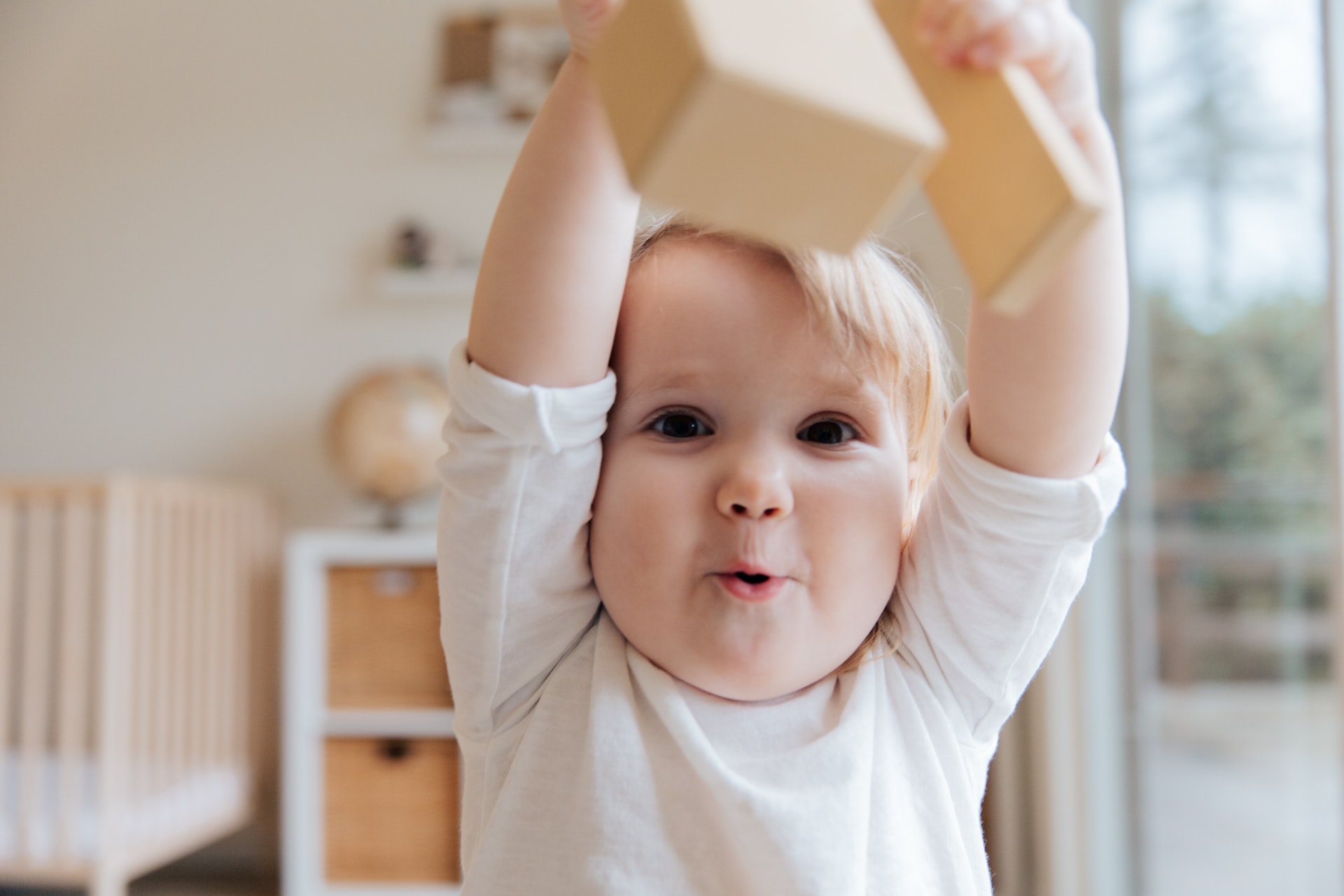Supporting Your Toddlers Independence
It is only natural for children to gain more independence as they get older. this isn’t something to be worried about – any more than usual anyway. However, as a parent, you can support your child’s need for growing independence right through from toddlerhood.
Get Them Involved
Talk to them to let them know you are ready to treat them differently and help them do more grown-up tasks. Avoid using phrases that can make them upset and place too much expectation on them simply because they are getting older such as “you’re not a baby anymore.”
Use Opportunities
Take your toddlers lead and let them guide you to their own independence. If they are instigating wanting to do something themselves, let them try as long as it is safe to do so. If they feel ready, let them try. And if they can’t, you can use this as a way to teach them how to do it properly or just their expectations such as “wow, you will be there soon. Good job.”
Use Aids
Toddlers are well known for their dislike of being referred to as a baby. They’re big kids now and can do big kids things! Toddler parents will know their fiercely independent streak very well. Make accommodations for them to assist with their growing skills level and curiosity, such as using a Ride On Board with their pram, steps around the house to help with tasks, low-level storage so they can help clear up their toys etc. Bring things down to their level and adjust this as they get older and more confident in their skills.
Compromise
Can you realistically compromise with a determined toddler? Maybe, maybe not, but discussing things with them and offering alternatives instead of strict answers can help you to teach them critical thinking skills and be open to compromise. This can teach them how to adjust their expectations and that life isn’t always unfair and other options are available.
Help Them Find Their Own Balance
Babies grow into toddlers. It’s not your job to make kids independent but to offer a safe setting for them to grow up. You become a facilitator as your youngster searches for this independence. You are a battery charger for the small dynamo. It could be that they follow you for a while before dashing away. But how much separation can your child tolerate? How close do you need to be? From familiarity to novelty, the best-behaving toddlers achieve a balance of attachment and exploration. As a facilitator, you must help the youngster find equilibrium.
Encourage Relationships with Family Members
Grandparents, family friends, or any other adult other than your parents can assist your older independent toddler in learning to rely on others. Invite others into your child’s lives, so they learn to rely on others as they grow apart from you.
Remember that children’s behavior is more difficult to manage when they are transitioning between developmental stages. By smoothing the transition, you can help to reduce instances of frustrated behavior and acting out.


